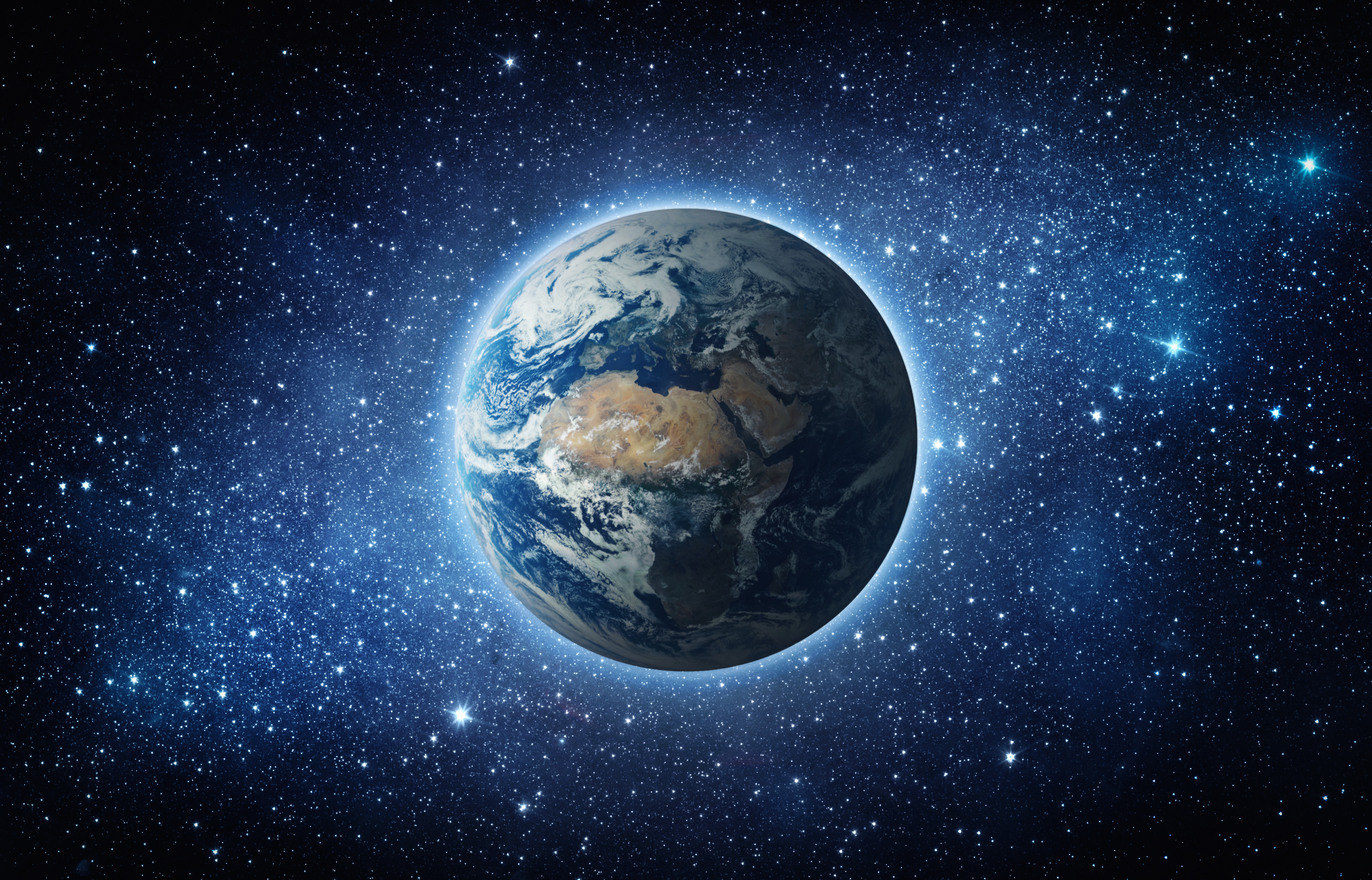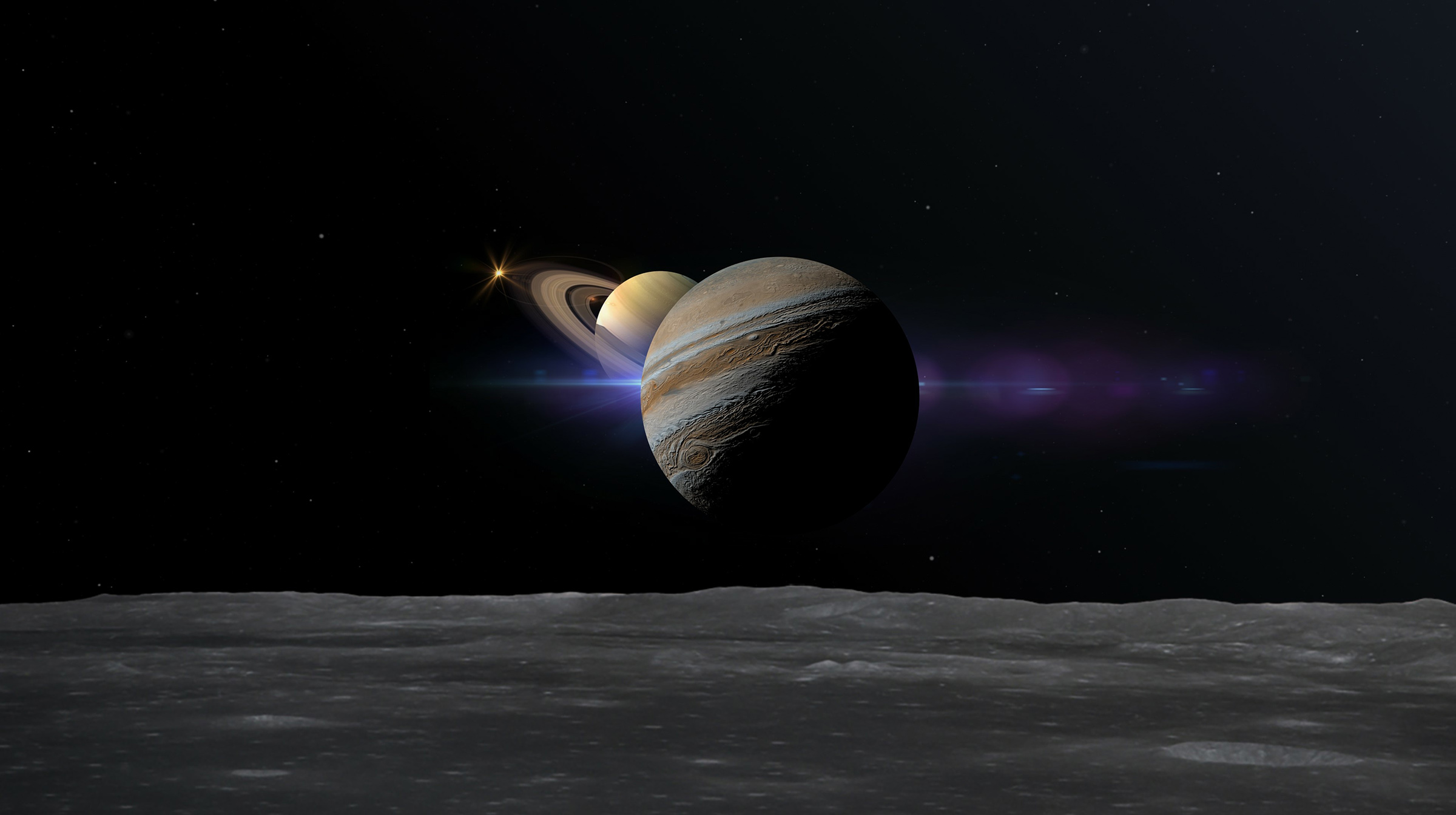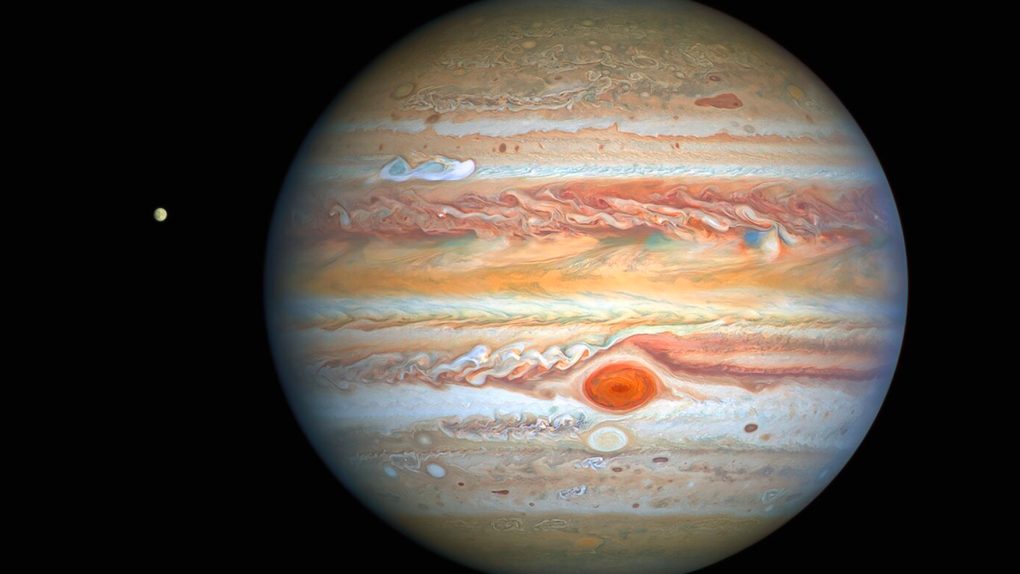Earth, and every other planet within our Solar System that we know of, orbits the Sun. Beyond our small region of the universe, planets everywhere orbit their stars. Even tiny changes in these orbits can change things drastically, too. Now, a new study says a shift in Jupiter’s orbit could make parts of Earth more livable by raising the temperature of our most frigid zones.
A shift in Jupiter’s orbit could make drastic changes to Earth’s livability

Earth is often considered the defining bar for a habitable planet. As such, finding planets like it has become a primary goal for many scientists. And, we may have even discovered an inhabitable exoplanet that scientists plan to look at deeper with James Webb. A new study has astronomers looking closer to home, with some saying a shift in Jupiter’s orbit could drastically affect Earth.
The new study, which was published in The Astronomical Journal suggests that a certain shift in the orbit our Solar System’s largest planet follows could make parts of the Earth more livable. This shift, they say, would have to make Jupiter’s orbit more flattened, or ‘eccentric.’ If that happened, the planet would come closer to Earth, which would also cause changes in our planet’s orbit.
As the largest planet in the Solar System, Jupiter has a massive gravitational pull. This is why, if its orbit changed but it stayed in the same position, Earth’s ability to support life could actually improve. This shift in Jupiter’s orbit would cause the Earth’s orbit to carry it closer to the Sun at specific points. During this time, those colder regions of our planet would heat up to livable ranges.
That means places like Antarctica and the Arctic would see massive changes to the temperatures, and other very cold locations worldwide would, too. Alternatively, it would also probably mean warmer temperatures in places where the heat already swelters, which could lead to some other complications.

On the other side of things, though, the researchers say that a small shift in Jupiter’s orbit the wrong way—if it were to move closer to the Sun—would lead to terrible consequences for the Earth. It would lead to the tilting of the Earth, which would cause less sunlight to reach the planet. This would then lead to temperatures dropping in more places, possibly even sending some regions into sub-zero ranges.
Ultimately, this research is coming at an invaluable time. With NASA sharing James Webb’s first images and scientists looking deeper into the early universe, there’s so much we don’t fully understand about our universe. This research, along with other studies like it, could help us find habitable planets, and understand more about what conditions planets need to properly meet to support life.
More science coverage: Scientists investigate the cyclones at Jupiter’s North Pole.








